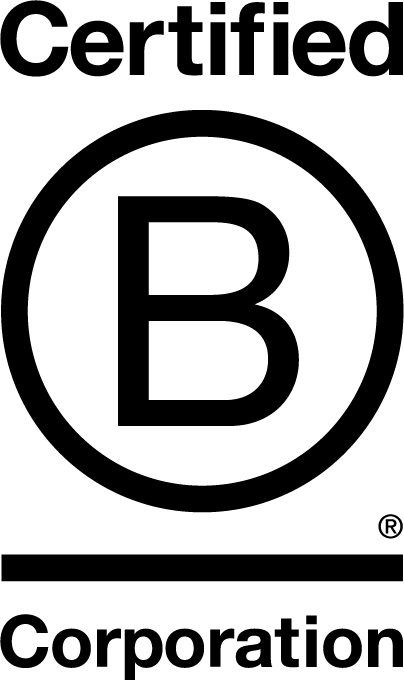Fraud, bribery, and corruption continue to pose serious threats to the NHS, diverting essential resources away from patient care and undermining public trust. According to the NHS Counter Fraud Authority’s (NHSCFA) Strategic Intelligence Assessment 2024, an estimated £1.316 billion of NHS funding is at risk—equivalent to 0.77% of the 2023–2024 budget.
As a leading provider of anti-crime services to the NHS, TIAA plays a vital role in helping healthcare organisations identify, prevent, and respond to fraud risks. Our dedicated Anti-Crime Team has been supporting NHS clients since 2000, delivering expert advice, practical solutions, and investigative services tailored to the evolving threat landscape. Learn more about our services Anti-Crime.
Key Findings from the NHSCFA Report
- Financial Vulnerability
Despite a nearly 10% increase in the NHS budget to £171.036 billion, the proportion vulnerable to fraud has slightly decreased—thanks in part to improved counter-fraud measures such as Real Time Exemption Checking (RTEC) and enhanced collaboration with partners like TIAA. - Top Fraud Categories
86% of reported fraud in 2023–2024 fell into four key areas:- NHS Staff Fraud – 46%: Includes manipulation of income, insider abuse, and false recruitment claims.
- Patient Exemption Fraud – 22%: Evasion of charges and onward trading of prescribed medication.
- Procurement and Commissioning Fraud – 11%: Includes mandate fraud, collusion, and tender manipulation.
- Fraudulent Access by Overseas Visitors – 6%: False representation to access free NHS care.
- Emerging Threats
Fraudsters are exploiting new vulnerabilities, such as falsified English language test certificates, abuse of the NHS Low Income Scheme, and data manipulation to meet performance targets. The cost-of-living crisis and digital transformation are also reshaping the fraud landscape. - Impact of Counter-Fraud Measures
Initiatives like Project Athena, which uses advanced data analytics, and the rollout of RTEC have significantly reduced fraud in key areas. TIAA supports these efforts by providing Local Counter Fraud Services to NHS organisations, helping to implement and monitor these initiatives effectively.
Why Fraud Awareness Matters
Every pound lost to fraud is a pound that could have funded frontline services—doctors, nurses, equipment, and ambulances. TIAA is committed to protecting NHS resources through proactive fraud prevention, detection, and investigation.
How You Can Help
- Stay Alert
Be aware of common fraud schemes and report anything suspicious. - Report Fraud
In 2023–2024, the NHSCFA received 6,367 fraud reports—a 26% increase, driven by greater public awareness and media attention. TIAA encourages all NHS staff and stakeholders to report concerns promptly. - Collaborate
Combating fraud requires a united effort. TIAA works closely with NHS organisations, the NHSCFA, and other partners to build a culture of integrity and accountability.
Looking Ahead
With new frameworks like the NHS Payment Scheme and the Community Pharmacy Contractual Framework, and the implementation of the NHS Long Term Workforce Plan, the NHS is taking proactive steps to reduce fraud risks. TIAA remains a trusted partner in this journey, offering expert support to strengthen organisational resilience and protect public funds.
Report NHS Fraud
If you suspect fraud, contact your TIAA Anti-Crime Specialist or reach out to:
- Andrew Ede, Head of Investigations – Healthcare
📞 07814 285177
📧 andrew.ede1@nhs.net / andrew.ede@tiaa.co.uk
📧 fraud@tiaa.co.uk
You can also report anonymously via the NHSCFA:
📞 0800 028 4060
🌐 https://cfa.nhs.uk/reportfraud


